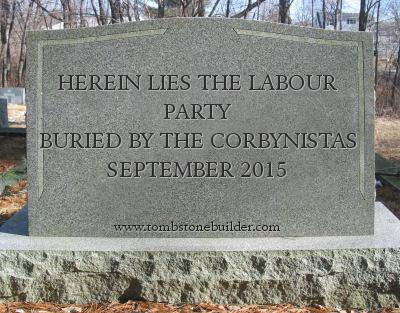Quote of the day 30th November 2015
Robert Harris wrote in the Sunday Times yesterday of the attempt by "Momentum" supporters of Jeremy Corbyn to put pressure on Labour MPs to vote against military action against DA'ESH in Syria, that if they were successful it would be a disaster both for Labour and for the country. He added that he wrote not as a fan of armchair warriors but as someone who opposed both the Iraq war of 2003 and the previous proposal to bomb Assad's forces in Syria. He went on "Labour MPs, understandably still bitter over the way their loyalty was abused by Tony Blair in 2003, need to be clear about the differences between then and now. This is not the pre-emptive invasion of a country which, for all the vileness of its regime, posed no direct and imminent threat to the British people. This is a proposal to extend existing airstrikes 100 or so miles to the West in order to hit the headquarters of a movement that enslaves women and young girls, that hurls suspected homosexual






